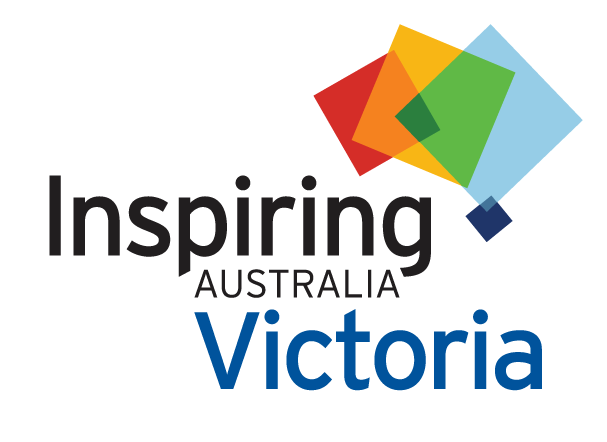Electronic Skin: Sensing the World Around and Within Us
Researchers at RMIT University have developed a prototype to mimic real human skin to work as a viable alternative to invasive skin grafts and conventional prosthetics.
Researchers at RMIT University have developed a prototype to mimic real human skin to work as a viable alternative to invasive skin grafts and conventional prosthetics.
Many hurdles remain to improving GPCR drug discovery, requiring an expanded, interdisciplinary approach to open the door to new therapies.
Nature-harnessing technologies are key to effectively and sustainably restoring contaminated ecosystems, using naturally occurring microorganisms to clean up contamination from oil and other organic pollutants in soils, groundwater and water bodies. The bioremediation process both destroys contaminants and restores an ecosystem’s microbiome. But every local ecosystem is unique when it comes to microbiological communities, so…
Join Queers in Science, The Florey Institute of Neuroscience and Mental Health, and the Royal Society of Victoria for an online lecture on Neurodiversity. This lecture is presented as part of the Midsumma Festival and Inspiring Victoria. We recognise that the brain of every individual is unique, meaning not everyone learns or thinks the…
Join Scienceworks’ popular Planetarium Nights programs to explore rare and rarely seen events such as a total solar eclipse, supernovae, and gravitational waves. Astronomers have a strange relationship with the idea of ‘rare’; something we seldom see on Earth may be commonplace at a universal scale. Museums Victoria astronomer Dr Tanya Hill has carefully curated a special…
Join Scienceworks’ popular Planetarium Nights programs to explore rare and rarely seen events such as a total solar eclipse, supernovae, and gravitational waves. Astronomers have a strange relationship with the idea of ‘rare’; something we seldom see on Earth may be commonplace at a universal scale. Museums Victoria astronomer Dr Tanya Hill has carefully curated a special…
Museums Victoria has more than 17 million collection objects, and we’re bringing out some of our rarest and most fascinating samples and specimens at Melbourne Museum for Science on Show. This event will feature curators and scientists delivering pop-up talks on their research, rare artefacts, and the stories behind them, and one of the rarest…
Learn what new technology can reveal about rare reptiles and frogs! For a deep dive into some fascinating science, come to our National Science Week edition of MV Lectures to hear about how cutting-edge technology is helping to detect and study rare species. Hear from the scientists on a bold new research project combining the…
Join Scienceworks’ popular Planetarium Nights programs to explore rare and rarely seen events such as a total solar eclipse, supernovae, and gravitational waves. Astronomers have a strange relationship with the idea of ‘rare’; something we seldom see on Earth may be commonplace at a universal scale. Museums Victoria astronomer Dr Tanya Hill has carefully curated a special…
Museums Victoria has more than 17 million collection objects, and we’re bringing out some of our rarest and most fascinating samples and specimens at Melbourne Museum for Science on Show. This event will feature curators and scientists delivering pop-up talks on their research, rare artefacts, and the stories behind them, and one of the rarest…
Champions of conservation and biodiversity will gather at Parliament House for this vital Science Week discussion about the extinction crisis facing thousands of Australia’s native species, and what we can do about it. Our State’s remarkable botanical and zoological collections are carefully managed by Royal Botanic Gardens Victoria and Zoos Victoria, while Museums Victoria maintains…
Join Scienceworks’ popular Planetarium Nights programs to explore rare and rarely seen events such as a total solar eclipse, supernovae, and gravitational waves. Astronomers have a strange relationship with the idea of ‘rare’; something we seldom see on Earth may be commonplace at a universal scale. Museums Victoria astronomer Dr Tanya Hill has carefully curated a special…
The Victorian Inspiring Australia program is a community-focused initiative led by the Royal Society of Victoria, in partnership with the Commonwealth Government and the State Government of Victoria.
We acknowledge the First Peoples of Victoria and the essential ancestral knowledge held, recovered and enacted by Elders. We acknowledge that this land and its millennia-old relationship with First Peoples was never ceded. We acknowledge the many injustices suffered by the knowledge keepers and Custodians of Country through the disrespectful actions and attitudes of early members of the Victorian scientific community. We express our sincere regret for the ignorance and bigotry of those who preceded us.
Copyright Royal Society of Victoria. 2025 - All Rights Reserved
